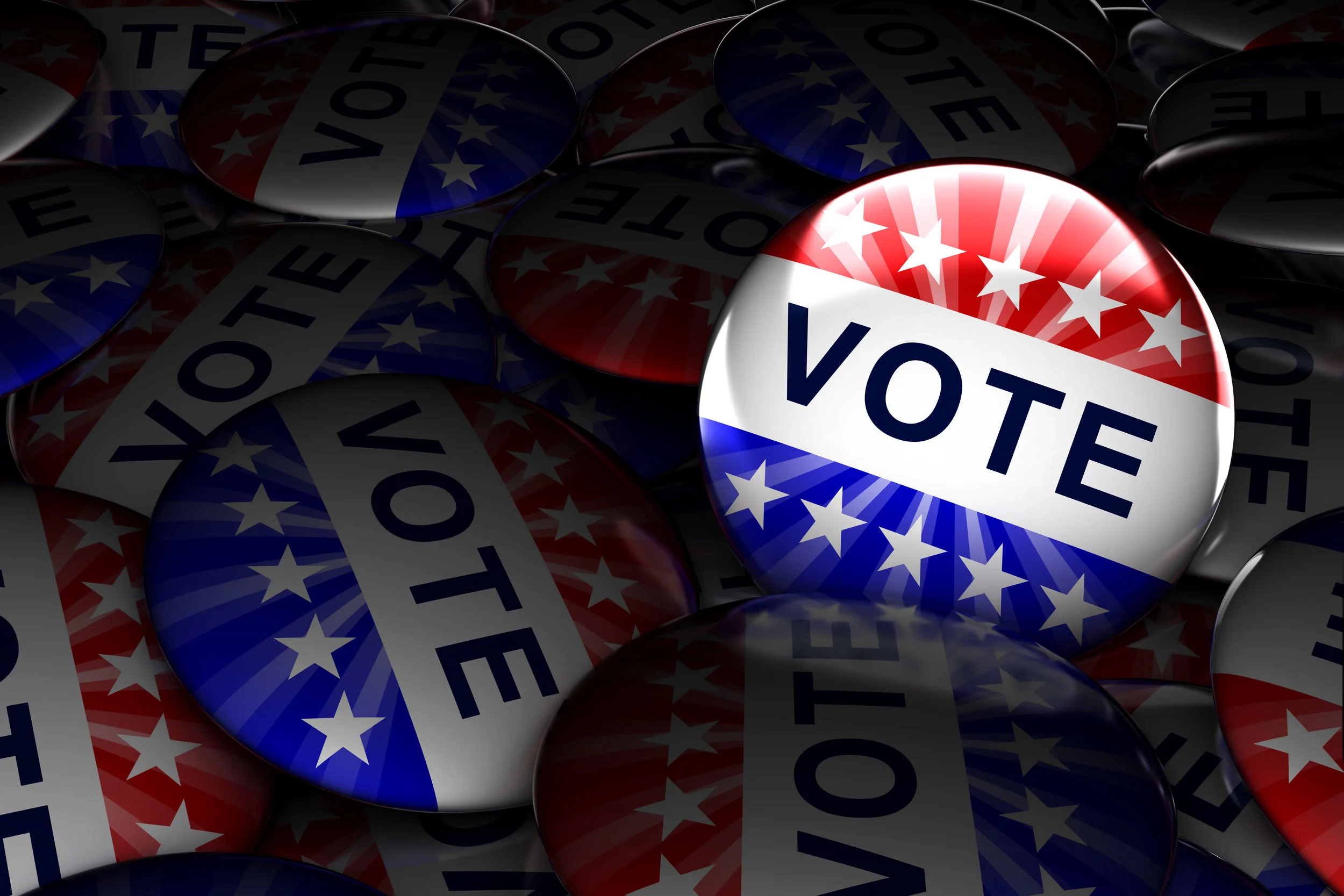Jamelle Bouie for the New York Times admirably explains that the national popular vote is about more than partisan fighting or the outcome of any one election and succinctly lays out the arguments in favor of reforming our current system, including:
The Electoral College undermines the principle of one person, one vote.
The Electoral College means that candidates can (and do) ignore rural voters in big and mid-size states like California, New York, Illinois, Alabama, and South Carolina because those states are taken for granted by one party or the other.
As a matter of math, California and New York could not dominate elections under the national popular vote.
In 2016, only about a quarter of all votes cast came from New York, California, Texas, and Florida in total.
Even if everyone in those states somehow voted unanimously, candidates would need to campaign elsewhere to win.
On the other hand, under the Electoral College, the 11 biggest states could decide election by bare majority in each state.
Under the national popular vote, people with similar interests across state lines can band together to make their voices heard.
Framers feared "pure democracy," but the real concern was there was greater suffrage in the north than the south because of slavery.
The Electoral College makes it possible for the House to decide the president, which would be chaotic and destabilizing.

